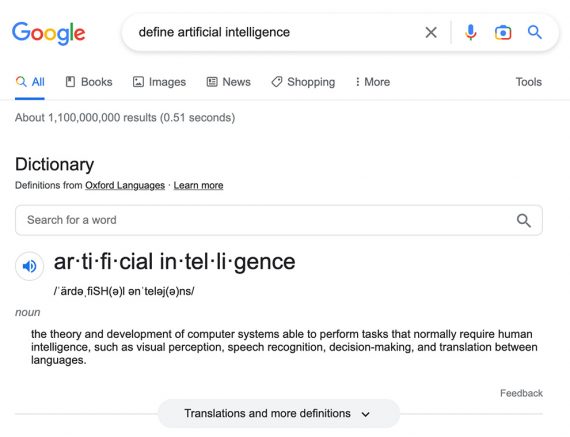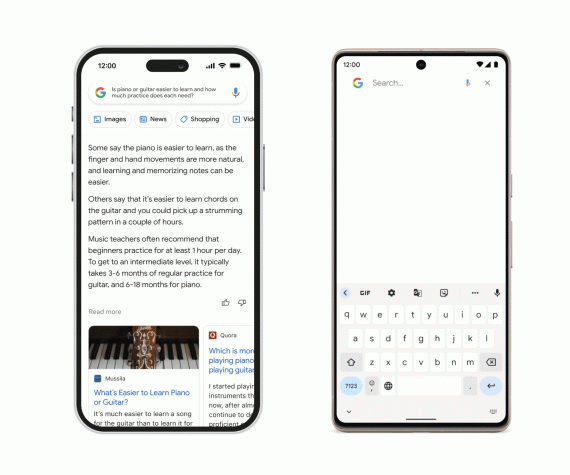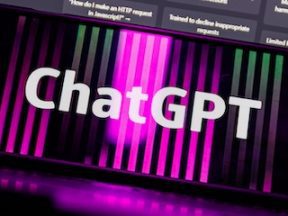Rampant speculation among marketers has fueled fears that AI-powered search engines will produce more answers than links, delivering less traffic to millions of websites. The concern, while likely overblown, is worth acknowledging.
On the one hand, businesses should not panic. Artificial intelligence will not destroy organic search traffic this year, this decade, or ever. But it’s hard to ignore the dramatic popularity of ChatGPT and the AI-driven arms race of leading search engines — Google, Bing, and Baidu.
Hence business leaders should plan for possible outcomes.
I’ll address four of those possibilities in this post:
- AI-driven search reduces links,
- A tactical shift in search engine optimization,
- Search results become better,
- The rise of new, specialized search engines.
AI Search Reduces Links
Bing’s ChatGPT, Google’s Bard, Baidu’s Wenxin Yiyan, and similar AI tools focus on natural language responses. A human asks a question, and AI attempts to answer with a paragraph, not a link.
This is arguably a desirable and logical path forward for search engines. Google already answers many queries via featured snippets at the top of search results.
For example, ask Google to “define artificial intelligence,” and the top result is a dictionary’s verbiage. Google answers the query directly rather than sending the searcher to the dictionary website.

Google answers queries — “define artificial intelligence” — in search results now, even before adding chat AI tools.
In its Bard chat AI announcement, Google included a gif example that was essentially the same as the dictionary definition. The image was someone typing, “What are the best constellations to look for when stargazing?” Bard’s response was a short paragraph and four bullet points, followed by links to external sites.
The response is analogous to voice search. AI chat search will depend on websites for responses, as does voice search. Hence it’s not an end to organic search traffic but rather a change in optimizing a site for it.

The example gif from Google’s announcement shows how Bard AI could work. Click image to activate the gif.
AEO
That change could be “answer engine optimization” — AEO.
AEO aims to improve a website’s ranking on answer-focused search platforms, such as voice, virtual assistants, and now AI chat.
This form of SEO has existed for years. It is similar to what many businesses do already: Identify prospects’ questions and answer them in a way that AI-driven national language processors understand.
For example, ChatGPT interacts with users conversationally. It is popular and exciting because it understands human queries, which (often) leads to better results. So websites optimizing for ChatGPT focus on natural language questions rather than keywords or even entities.
Thus AEO is not new but rather a change in emphasis and competition — the search results could contain limited links to external sites, and an answer might come from a single source.
Results Get Better
Despite marketers’ concerns, AI-enabled search could dramatically increase traffic to many sites.
AI-powered search engines will try to provide more accurate and relevant results than previous versions. This focus on accuracy and relevance might increase organic traffic for sites with the most relevant content or the best at AEO.
In this sense, AI search is not a problem but an opportunity.
New Search Engines
Expect more AI-driven search engines.
ChatGPT has captured the market’s attention. Users love the tool. And entrepreneurs see the promise of niche search engines.
Before the explosion in AI growth, an ecommerce site could optimize for Google and be successful. But AEO for multiple channels could be the norm if search engines proliferate.





